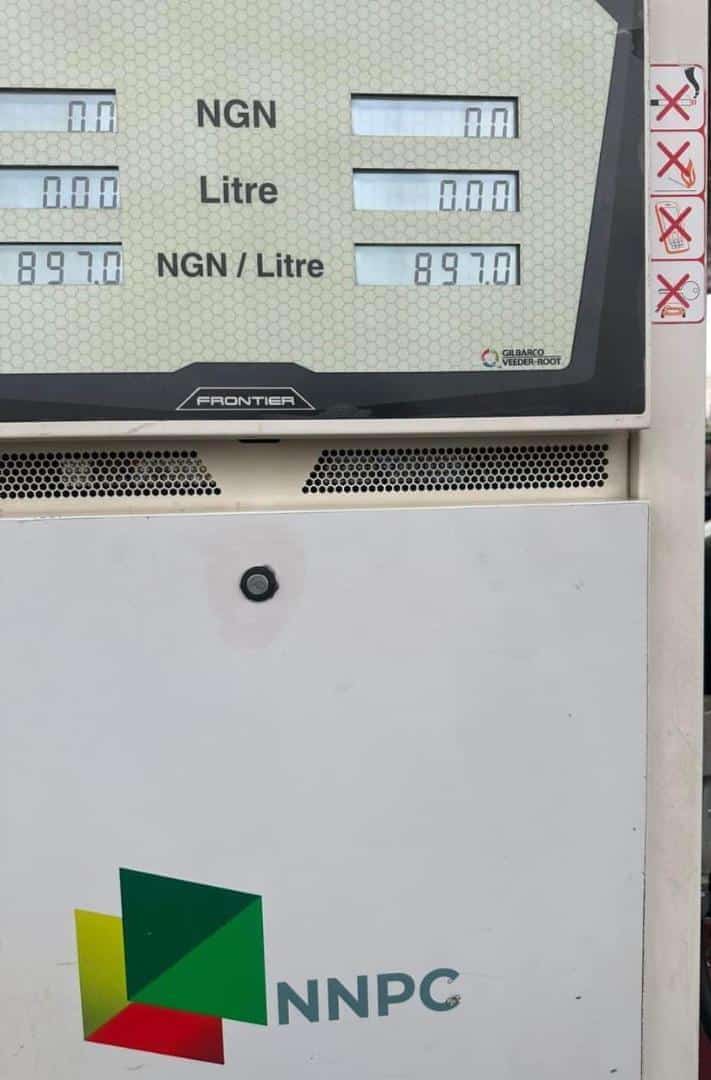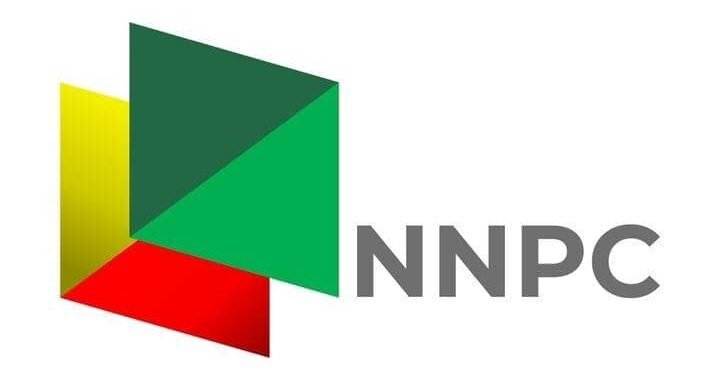The Nigerian National Petroleum Commission (NNPC) has officially commenced the sale of petrol at ₦897 per liter as of September 3, 2024. This new pricing strategy reflects a major shift in the country’s fuel pricing framework,
The decision to adjust petrol prices upwards has been attributed to the need for the NNPC to align its selling prices with the prevailing landing costs. It also emphasized the necessity for this adjustment, underscoring that maintaining prices above the landing cost is crucial for the sustainability of the nation’s fuel supply chain.
The landing cost, which encompasses the cost of importing, transporting, and refining petrol, has seen significant fluctuations due to various global economic factors. As a result, the previous pricing structure no longer adequately covered the expenses incurred by the NNPC, thereby prompting the urgent need for a price revision.
This adjustment marks a pivotal moment in Nigeria’s fuel pricing policy, reflecting the government’s ongoing efforts to stabilize the petroleum sector amid rising global oil prices and other economic pressures. The increase in petrol prices is expected to have widespread implications, potentially affecting transportation costs, consumer spending, and overall economic dynamics within the country.

The NNPC’s new pricing policy is part of a broader strategy to enhance the efficiency and financial health of the petroleum industry. By aligning selling prices with the actual cost of procurement and distribution, the NNPC aims to mitigate losses and ensure a more stable supply of fuel to the Nigerian market.
In light of this development, stakeholders across various sectors are closely monitoring the impact of the new pricing on the economy. Analysts predict that while the price increase may initially lead to higher operational costs for businesses and consumers alike, it is expected to contribute to a more sustainable and resilient energy sector in the long term.






















































